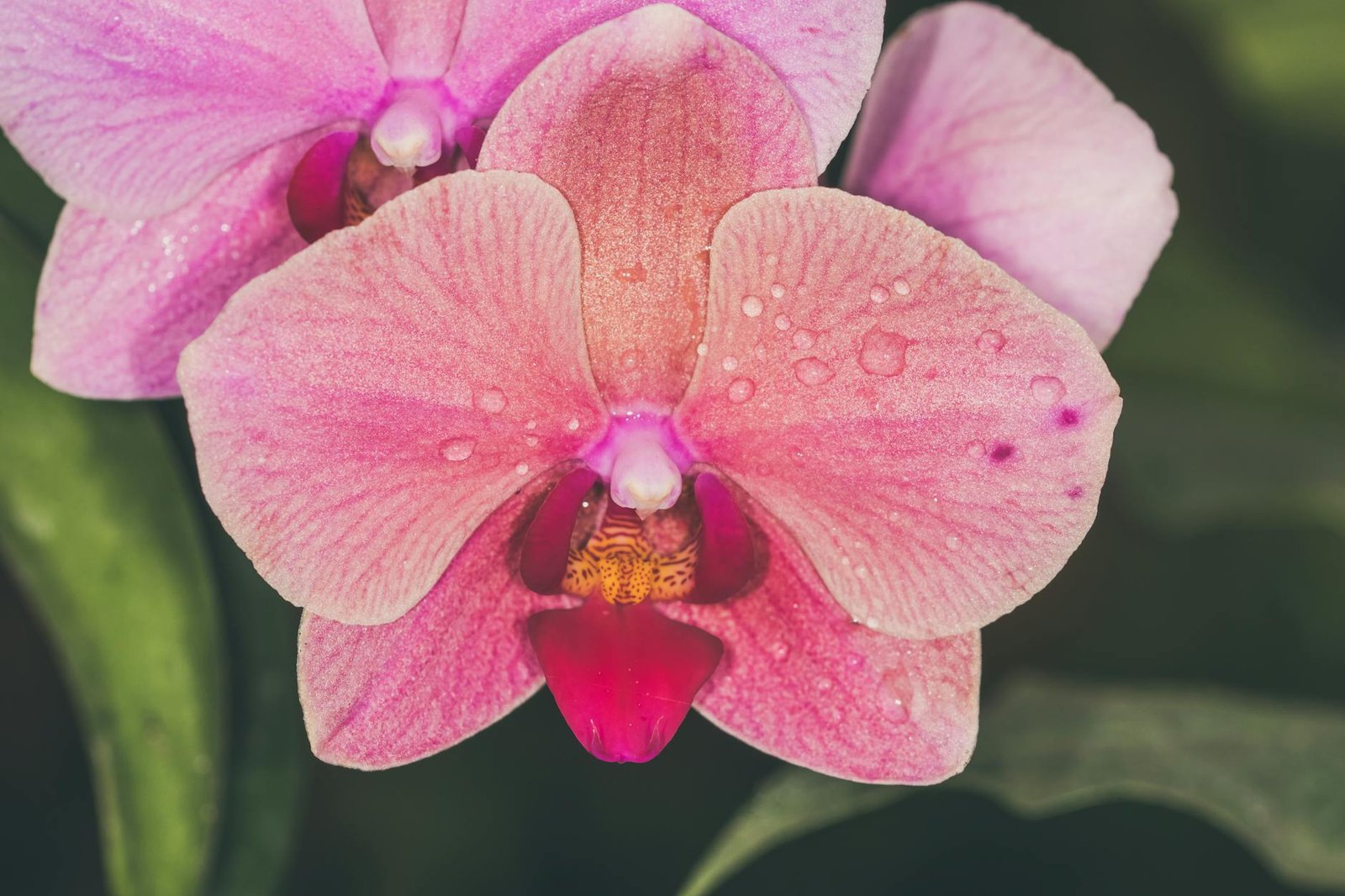Dar Es Salaam Botanical Garden, nestled amidst the bustling cityscape of Tanzania’s largest city, offers a serene retreat for nature enthusiasts and curious visitors alike. Established with the aim of conserving the region’s rich biodiversity while providing a space for recreation and education, this botanical garden stands as a testament to the harmonious coexistence of urban development and natural preservation.
History of Dar Es Salaam Botanical Garden
The origins of Dar Es Salaam Botanical Garden trace back to its establishment in 1893. Initially conceived as a botanical research center, it has since evolved into a multifaceted institution that caters to various aspects of conservation, education, and leisure.
Situated in the heart of Dar Es Salaam, the garden enjoys convenient accessibility for both locals and tourists. Its central location makes it easily reachable by public transport and private vehicles, offering a green oasis amidst the urban landscape.
Flora
The garden boasts a diverse array of plant species, carefully curated to represent the region’s rich botanical heritage. From indigenous trees to exotic flowers, visitors can immerse themselves in a vibrant tapestry of colors and scents.
Fauna
In addition to its botanical treasures, the garden is also home to a variety of wildlife, including birds, insects, and small mammals. These inhabitants play a crucial role in maintaining the ecosystem’s balance and contribute to the garden’s allure as a haven for biodiversity.
Plant Collections
A highlight of the garden is its extensive collections of plants, organized into thematic displays that showcase different habitats and botanical families. Visitors can explore lush tropical rainforests, arid desert landscapes, and everything in between, all within the confines of the garden.
Recreational Areas
Beyond its botanical wonders, the garden offers recreational facilities for visitors to unwind and enjoy leisure activities. Picnic spots, walking trails, and playgrounds provide ample opportunities for relaxation and family-friendly fun.
Educational Facilities
As an educational institution, the garden hosts various programs and workshops aimed at fostering environmental awareness and appreciation for nature. Visitors can participate in guided tours, hands-on activities, and interactive exhibits designed to engage learners of all ages.
Environmental Conservation
Botanical gardens play a crucial role in safeguarding plant diversity and preserving endangered species. By maintaining living collections and conducting research on conservation strategies, these institutions contribute to global efforts to protect the planet’s ecosystems.
Research and Education
In addition to their conservation efforts, botanical gardens serve as hubs for scientific research and educational outreach. They provide valuable resources for studying plant biology, ecology, and environmental sustainability, while also inspiring future generations of scientists and conservationists.
Tours and Guided Walks
Visitors to Dar Es Salaam Botanical Garden can embark on guided tours led by knowledgeable staff, who offer insights into the garden’s history, ecology, and conservation initiatives. These tours provide a deeper understanding of the botanical world and its relevance to everyday life.
Events and Activities
Throughout the year, the garden hosts a variety of events and activities, ranging from plant sales to nature walks to cultural festivals. These occasions not only draw visitors from diverse backgrounds but also foster a sense of community and appreciation for the natural world.
Waste Management
In line with its commitment to sustainability, the garden implements waste management practices to minimize its environmental footprint. Recycling programs, composting initiatives, and waste reduction strategies help reduce waste generation and promote a cleaner, greener environment.
Water Conservation
Given its reliance on water for irrigation and plant care, the garden prioritizes water conservation measures to ensure efficient use of this precious resource. Rainwater harvesting, drip irrigation systems, and drought-tolerant landscaping are among the strategies employed to minimize water wastage.
Energy Efficiency
Efforts to enhance energy efficiency are also underway, with the adoption of renewable energy sources and energy-saving technologies. Solar panels, LED lighting, and energy-efficient appliances help reduce electricity consumption and lower the garden’s carbon emissions.
Outreach Programs
The garden actively engages with the local community through outreach programs aimed at promoting environmental stewardship and sustainable living. School visits, community workshops, and public seminars provide opportunities for learning and collaboration.
Volunteer Opportunities
Volunteers play a vital role in supporting the garden’s operations and conservation initiatives. From gardening tasks to educational outreach, there are numerous opportunities for individuals to contribute their time and skills towards the garden’s mission.









Leave a Reply